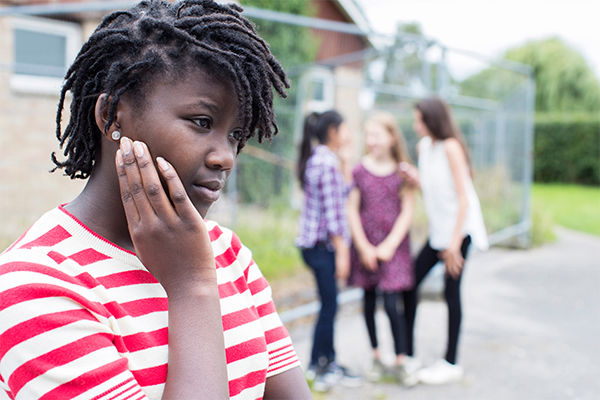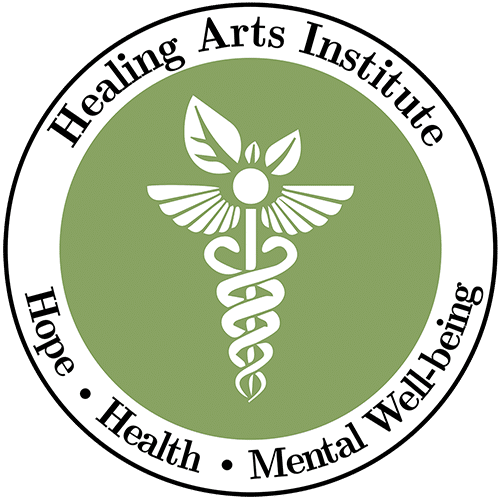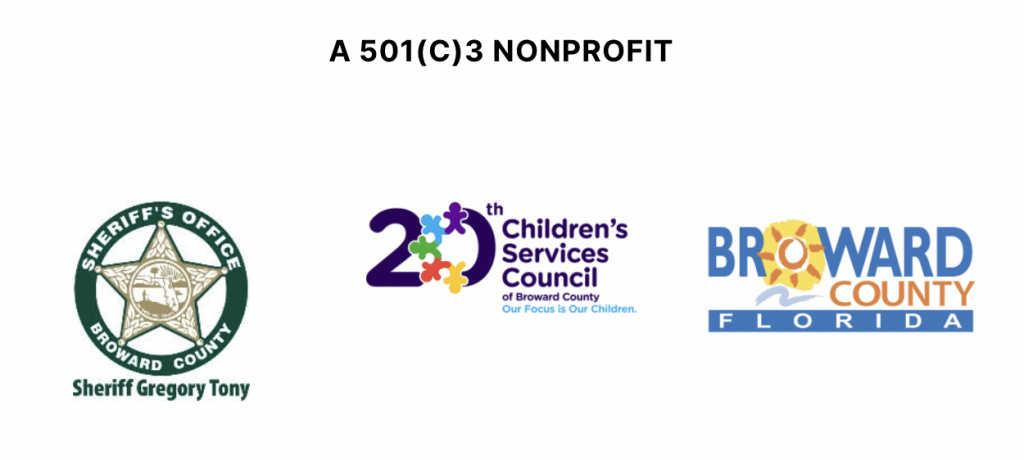
Written by David Davenport – Contributing Author Healing Arts Institute
This week we celebrate Marten Luther King Jr. Day. Dr. King fought bravely to solidify civil rights for all Americans, and we have made considerable strides towards realizing his dream of establishing a more equal society.
While we have come far, there is still much work to be done before we can honestly say that we have arrived at that destination.
Correcting the lingering disparities in opportunity for minority communities must begin with identifying the conditions that minority children are growing up with, and correct problems at the family level.
All the positive changes that we want to see in our communities must begin with helping children and their families.
Today we’re going to look at some of the consequences of poverty on children, how it affects our society, and what we can do about it.
Half of Florida’s Children Are Living in Poverty
Believe it or not, almost 55% of children in the State of Florida are living in households that are below or near the poverty line. This unexpectedly high figure predominantly affects black and Latino children.
When children are hungry, they are more likely to perform far worse in school than their classmates who do not have to rely on government assistance.
It’s more likely that these kids will be enrolled in special education courses and require mental and behavioral health counseling.
That’s a lot of children who will be expected to integrate into society without the proper set of skills needed to succeed.
Being Raised in Poverty
Oftentimes, parents of children in poverty may not be able to give the time and attention they need to their kids. Parents who are low-skilled or who themselves have a history of being incarcerated may only be able to find low-paying work. They may work multiple jobs to keep their family financially afloat.
Single-parent households are all too common in low-income communities. Having only one parent will exasperate an already difficult financial situation.
Children living under these conditions are more likely to develop attention deficit disorders, have difficulty regulating anger, and understanding proper social etiquette. They may grow up believing that they are justified in taking whatever action is necessary to escape their conditions.
Without intervention, it is this way of thinking that lures these children into a way of life that is guaranteed to keep them poor, and in many instances lose their freedom.
Rerouting the School-to-Prison Pipeline
Making sure that children stay in school is crucial to ending the cycle of poverty and reducing the disproportionate number of minority children who find themselves on the wrong side of the law.
About 66% of juvenile offenders who later appeared before an adult court were African American compared to only 20% of Caucasian juveniles.
Once kids become incarcerated in the juvenile system, their developmental needs are far less likely to be met than when they were in the free world. While there are many amazing programs and hard-working people in the Florida juvenile justice system, the recidivism rate and return to criminal activity is too high to ignore.
Students of color and LGBTQ+ youth are the most likely to feel that their school environments are unsafe due to bullying or no-tolerance policies. They are also the most susceptible to developing trauma-based mental health challenges and higher rates of attempted suicide.
What is the Solution?
There are not enough financial assistance programs available to help all the families that need it, but there are plenty of people who are willing to help these children in any way they can.
Healing Arts Institute of South Florida was founded for just this purpose.
Our therapists work in the schools and homes of at-risk youth, making sure that they and their families can get the mental and behavioral support they need.
Our programs are funded by you, the generous public, so that we can offer our services free of charge.
We work with the Broward school superintendent and Broward Sheriff’s Office in a collaborative effort to keep kids in school, off the streets, and out of trouble.
When these children are allowed to grow up receiving the support they need, they are taken out of that dreadful cycle of poverty and incarceration.
They can become healthy and happy adults, the people who they were always meant to be.
Please give using the link below to provide mental health services to our youth!
Citations:
Brooks-Gunn, Jeanne, and Greg J. Duncan. “The Effects of Poverty on Children.” The Future of Children, vol. 7, no. 2, 1997, pp. 55–71. JSTOR, www.jstor.org/stable/1602387. Accessed 18 Jan. 2021.
Duncan, Greg J., and Jeanne Brooks-Gunn, editors. Consequences of Growing Up Poor. Russell Sage Foundation, 1997. JSTOR, www.jstor.org/stable/10.7758/9781610448260. Accessed 18 Jan. 2021.
“Child Poverty: More Than Half of Florida’s Children Are Living in or Near Poverty |.” The Children’s Campaign, iamforkids.org/child-poverty. Accessed 18 Jan. 2021.
“Florida’s School to Prison Pipeline.” ACLU of Florida, 12 Apr. 2018, www.aclufl.org/en/floridas-school-prison-pipeline. Accessed 18 Jan. 2021.


One response
[…] Read more about how growing up in poverty affects children. […]